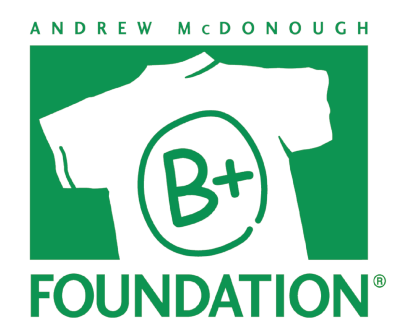Characterizing the ENL YEATS epigenetic reading domain as a therapeutic target in pediatric MLL-ENL leukemias
Dr. Andrew Muntean – The Regents of the University of Michigan, Ann Arbor, MI
Epigenetic modifying proteins deposit chemical modifications, such as methylation and acetylation, on DNA, histones, and non-histone proteins, which function as important regulatory mechanisms during hematopoiesis. Importantly, epigenetic regulator proteins are mutated in ~70% of acute myeloid leukemias (AML) suggesting an important role in the transformation process [1]. “Reader” proteins are one class of epigenetic regulators that contain specialized domains that can bind to DNA or proteins chemically modified by epigenetic “writers”. Indeed, therapeutic inhibition of epigenetic writers (DOT1l) and readers (BRD4) have proven useful for treating AML and have been assessed in clinical trials (i.e. ClinicalTrials.gov Identifier: NCT02141828 and NCT02543879). We are investigating a particularly aggressive form of pediatric AML that arises from the fusion of two genes coding for epigenetic regulators (MLL and ENL), which generates MLL-ENL fusion proteins. We have confirmed the retention of the epigenetic reading YEATS domain in MLL-ENL fusion proteins in pediatric patients. This proposal addresses the hypothesis that the ENL YEATS domain stabilizes MLL-ENL fusion protein recruitment to proleukemic target genes making it an ideal therapeutic target in pediatric AML patients harboring MLL-ENL fusion proteins. Preliminary data generated from this proposal will be used for a multi-disciplinary R01 submission.

